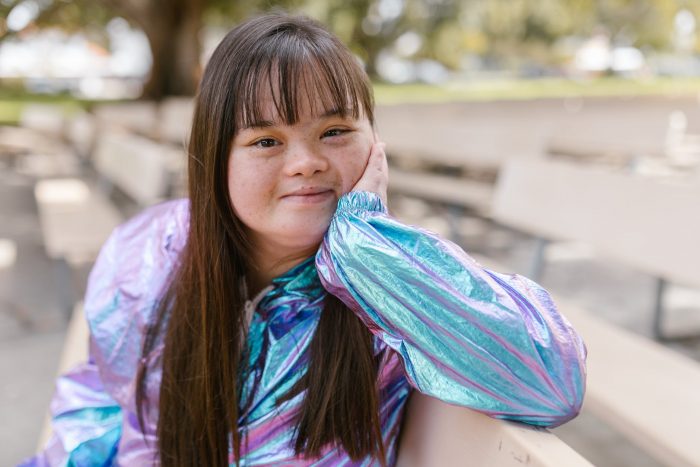As per Dr Cheryl Pruitt, It is well knowledge that instructors’ attitudes influence the learning environment. Whether children with special needs receive equal educational opportunities. This may be demonstrated by examining conditions in various places of the globe. In Ghana, for example, the concept of inclusive education is connected with a goal of enhancing access, involvement, and retention of all pupils of school-age in education. Access, decent education, and perseverance are significant challenges, especially for children with impairments according to Dr Cheryl Pruitt. This is due to a lack of training programs for instructors, inadequate resources, and an inadequate school surveillance system. The most serious of all hurdles to free universal education, particularly for impaired pupils, is a negative attitude and discrimination. Interestingly, some teachers continue to blame impairments on divine curses.
Convictions about identity, handicap, concerns, nationality and demeanor of instructor’s impact practice of comprehensive training, instructive materials’ quality and guidelines got by understudies. Numerous customary training instructors feel ill-equipped and frightened to work with handicapped students and show outrage, disappointment and negative disposition towards schooling. They additionally trust it settles for the easiest option. Instructors’ convictions about consideration recommend that they don’t care for showing debilitated understudies particularly the individuals who have tactile disabilities as in ordinary classes as per Dr Cheryl Pruitt. They lean toward them being taught in uncommon schools. Their protection is that with regular understudies an excess of time isn’t squandered in help and direction. They are yet grappled with the conviction that quiet and hard-of-hearing understudies can get instruction in customary schools.
Instructors additionally accept that remembering incapacitated outcomes for deficiency of prospectuses limit the measure of work that should be possible in a term. They further accept that remembering handicapped for ordinary classes influences the presentation of their kindred understudies without in-capacities. On this, they guarantee that there should be thought on the situation of understudies with in capacities into normal schools as their arrangement upsets scholarly execution and feelings and of different understudies who are not impaired in the eyes of Dr Cheryl Pruitt. Teachers feel that inclusive education will be hard to achieve unless their requirements for specialized resources are met. The consensus is that inclusive education is impossible and doomed without enough support and resources.
Lack of professional readiness, relevant resources, adequate orientation, and specialised aid may explain instructors’ opinions, negative attitudes, and worries. Teachers’ attitudes and motivation to make inclusion work are favourably influenced by initial professional knowledge and later training, as well as human and material resources. According to worldwide population estimates, developing third-world nations have more disabled children than developed countries. It has been proposed that integration may be enabled far more simply and successfully in developing nations than in North America and Western Europe since handicapped students are already in the mainstream, as opposed to nations with a dual system of ordinary and special education. Given the lack of skilled instructors, huge class numbers, transportation issues, and a lack of resources and facilities in developing nations, policymakers should consider the normal classroom as the predominant model for promoting inclusive education in impoverished nations. Instructive scientists have truly taken changed positions which are differed concerning reconciliation or incorporation.
Model
The individuals who support the automatic model highlight the scholarly and social additions of the understudies with inability just as an acknowledgement of variety among individual understudies and local area individuals as advantages of consideration according to Dr Cheryl Pruitt. Rivals note worries about the absence of preparing, staff, and authoritative help and the vulnerability of scholarly and social gains through embracing such models. Exploration that has been done in many locales of the world on educators reflects the political plan of these nations in zeroing in consideration on the avoidance of youngsters from instructive freedoms.
Nations
A few nations have instituted enactment relating to a mix of incapacitated understudies while some are simply starting the way toward executing these projects and strategies. In, by and large, research by Dr Cheryl Pruitt appears to help the idea of an overall culture of instructing in that educators’ perspectives towards understudies with inabilities are reliable and comparative regardless of the distinctive public societies where encouraging happens. A multifaceted report led on educators’ perspectives in Haiti and the USA uncovered that instructors had comparable mentalities towards incorporation.







Read 0 comments and reply